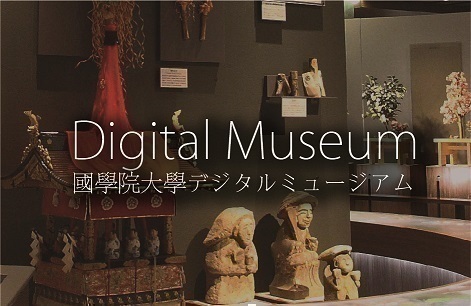Encyclopedia of Shinto
| Main Menu: | |
| Links: |
詳細表示 (Complete Article)
| カテゴリー1: | 6. Belief and Practice |
|---|---|
| カテゴリー2: | Divination and Supplication |
| Title | Gyō |
| Text | Gyō is a category of religious practices that can be found in every religion and can be broadly grouped into spiritual practices and physical practices. Though influenced by the religious practices of other Asian religions, Shintō practices can be regarded as having developed their own unique system. Two characteristic ancient types of gyō performed at shrines are: (1) purifying practices before or after participation in a shrine ceremony, such as purification practices referred to as kessai, saikai or monoimi, and (2) shamanistic practices for "divine revelations through spirit possession" (see kamigakari takusen). As an example of Shintō gyō performed outside of shrines, "mountain asceticism" (shugendō) developed from the "amalgamation of Shintō and Buddhism" (shinbutsu shūgō) on the foundation of animistic mountain worship, establishing a mode of gyō that is deeply influenced by esoteric Buddhist training. From the late nineteenth century onward, sectarian Shintō practitioners aimed to recreate ancient gyō ritual procedures passed down in mountain asceticism and families of hereditary Shintō priests (shake shintō; see shake). Typical examples of this movement are the "spirit pacification practices" (chinkon gyōji ) developed by Kawatsura Bonji (1862-1929) that aimed at "ascetic purification in water" (misogi ) and the "spirit pacification" (chinkon kishin) practices of the Ōmoto sect that aimed at handling spirits, curing illness, and inducing spirit possession. Of these two, the chinkon gyōji of Kawatsura Bonji—composed of "purification by exorcism" (harai ), misogi, "tama shaking" (furutama), "shouting" (otakebi ), "yielding" (okorobi ), "breathing" (ibuki ), and other training—have also been incorporated in modern-day shrine-based Shintō (jinja shintō). Demanding few religious austerities apart from "ascetic practices undertaken in the mountains" (sangaku shugyō), Shintō places priority on spiritual discipline. — Tsushiro Hirofumi |




